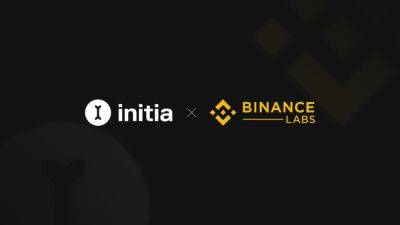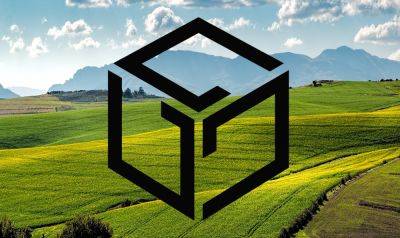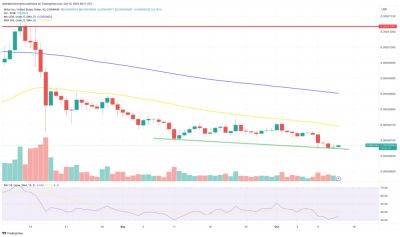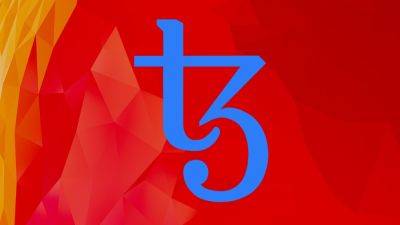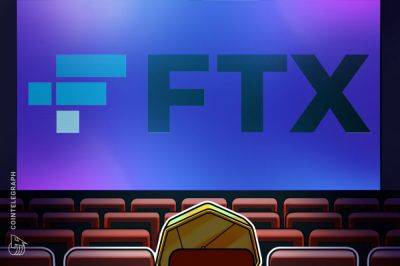DAOs can help scientists find funding and community, says Nature science journal
The Nature science journal recently published an editorial in its Nature Bioscience section lauding the use of decentralized autonomous organizations (DAOs) as a revolutionary new method by which researchers working in underfunded scientific fields can create communities around their work and raise funding which, otherwise, might not be available.
In a DAO-based research scheme, a project’s organization, fundraising, feedback, and pipeline from discovery to product/industry can all be handled by the same decentralized governing body.
Per the Nature article, the general workflow would also be streamlined compared to the status quo:
Funding can vary wildly from one scientific endeavor to another. During boom and bust periods, research into areas such as AI and quantum computing might receive huge boons from big tech, government, and follow-on investors while sectors which may have been well-funded previously, such as longevity, or those that have been traditionally underfunded, women’s health issues for example, may find funding increasingly difficult to secure.
DAOs are built on blockchain technology. This allows them to function on a digital ledger that is transparent and decentralized – meaning it isn't controlled by a single entity or institution. In the science world, this means that project funding and community interaction can be democratized.
Related: DAOs need to learn from Burning Man for mainstream adoption
Traditionally, those scientists working at or with the most prestigious institutions — major universities in countries with high GDPs, government institutions and contractors, big tech and big pharma companies — not only receive the most funding, but also have access to the most potential funding.
The
Read more on cointelegraph.com






